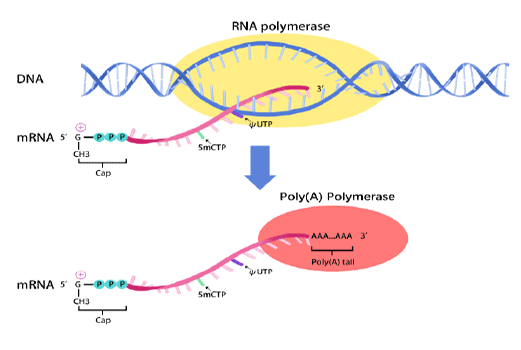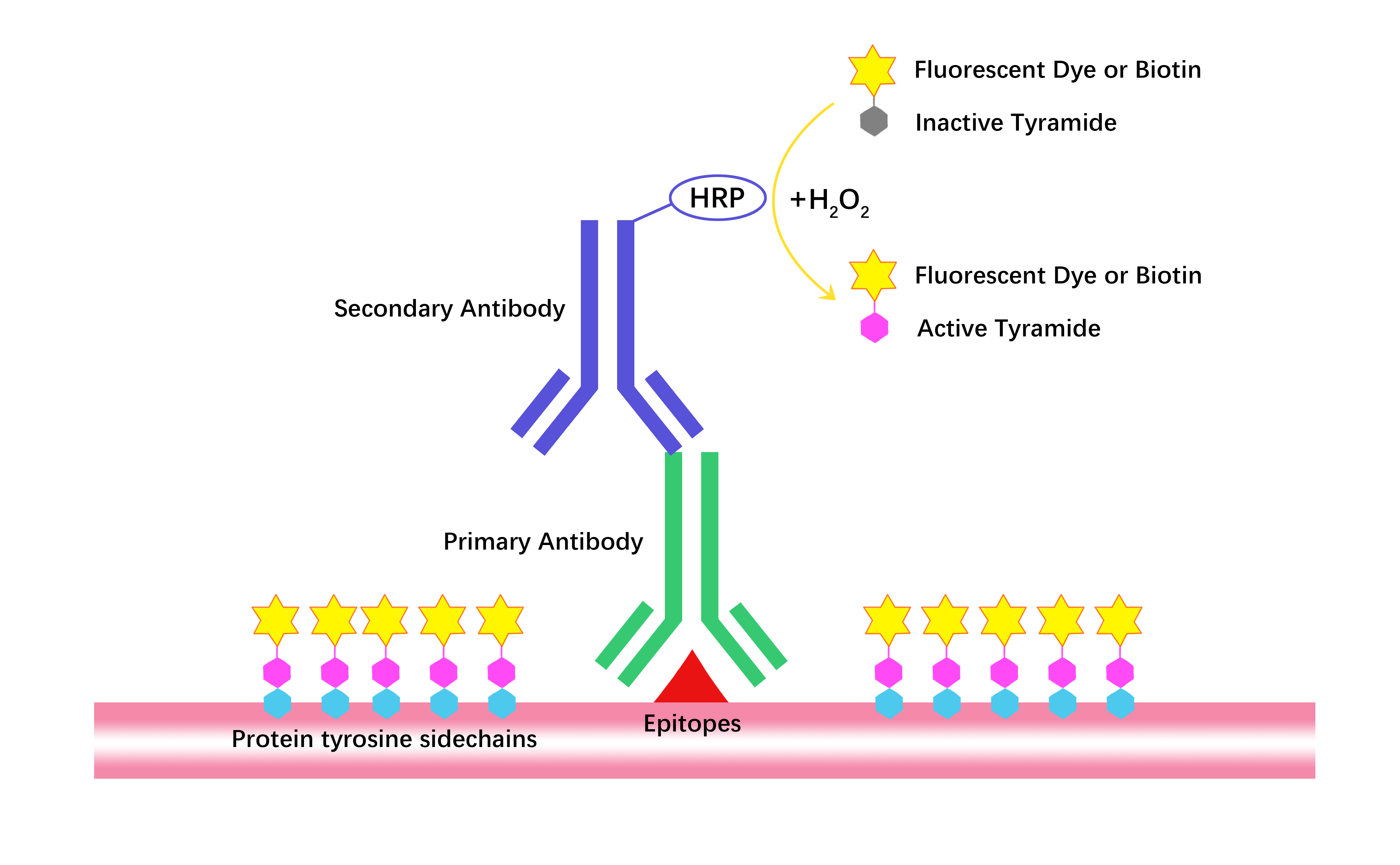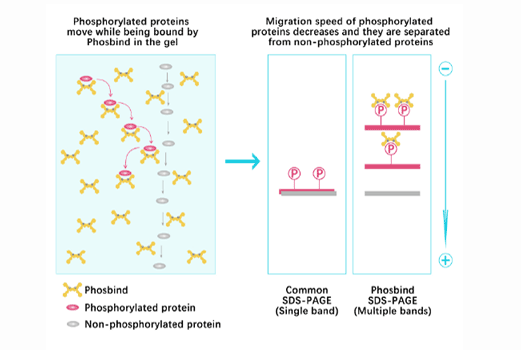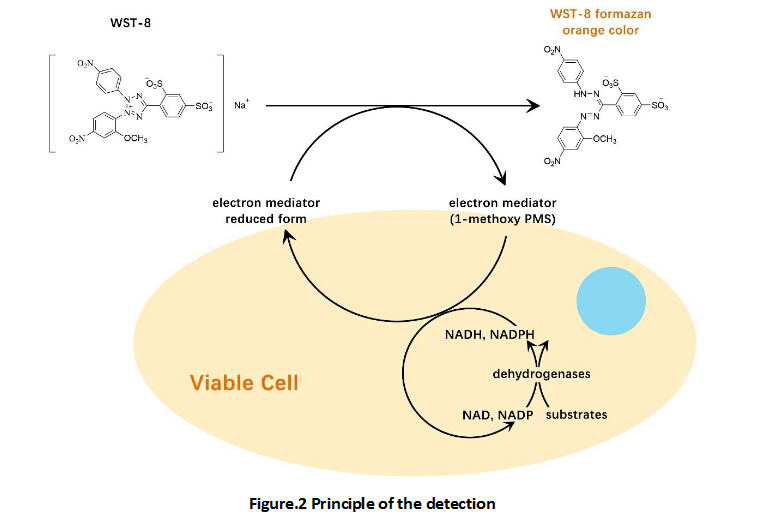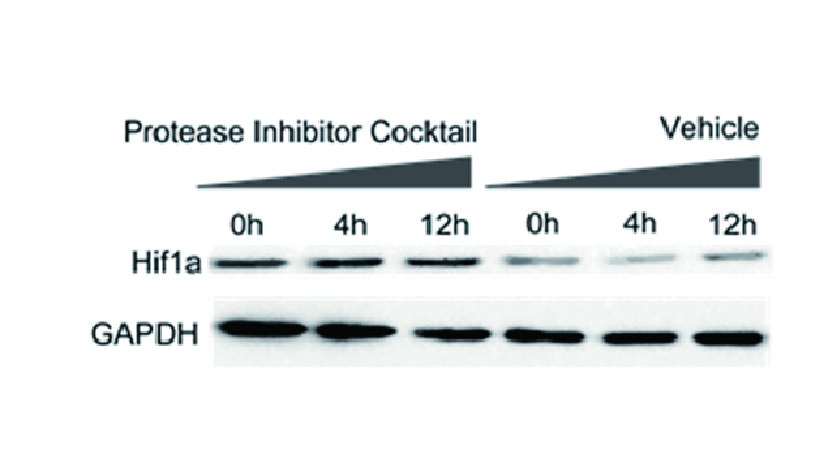Dextran sulfate sodium salt (MW 35000-45000)
Dextran sulfate sodium salt (MW 35000-45000) (CAS 9011-18-1) is a sulfated polysaccharide derived from the polymerization of dehydrated glucose units. Functioning as a potent polyanionic compound, DSS is widely utilized as a chemical inducer of experimental colitis in murine models, notably through direct administration in drinking water or feed. It acts primarily on the colonic epithelium, where it disrupts epithelial integrity, inducing apoptosis and loss of barrier function, thus enabling the study of acute and chronic intestinal inflammation. Additionally, DSS exhibits inhibitory activity against certain viral replication processes, including inhibition of HIV-1, by interfering with viral adsorption and entry at concentrations that do not significantly affect blood coagulation pathways.
In experimental settings, Dextran sulfate sodium salt is commonly used at a 5% concentration (w/w in feed) to induce acute colitis in mice, resulting in marked colonic epithelial cell apoptosis. DSS exposure leads to symptoms reminiscent of human ulcerative colitis, such as weight loss, diarrhea, and histological evidence of mucosal damage, making it a standard model for evaluating therapeutic agents and elucidating inflammatory mechanisms. Furthermore, DSS provides a protective effect for MT-4 cells against HIV-1-induced cytopathicity and serves as a critical tool for assessing compound efficacy against DSS-induced tissue injury or immune responses.
In biomedical research, Dextran sulfate sodium salt (MW 35000-45000) is widely employed for the induction of inflammatory bowel disease models, evaluation of anti-inflammatory compounds, and investigation of host-pathogen interactions, thereby contributing substantially to preclinical drug discovery and mechanistic studies in immunology and virology.
- 1. Meng Guo, Rongrong Wang, et al. "Human TFF2-Fc fusion protein alleviates DSS-induced ulcerative colitis in C57BL/6 mice by promoting intestinal epithelial cells repair and inhibiting macrophage inflammation." Inflammopharmacology. 2023 Jun;31(3):1387-1404. PMID: 37129719
- 2. Chen L. "SCCA1/SERPINB3 promotes suppressive immune environment via STAT-dependent chemokine production, blunting the therapy-induced T cell responses." bioRxiv 2023 Feb 03; PMID: 36778224
- 3. Zheng W, Chang IC, et al. "Mycobacterium tuberculosis resides in lysosome-poor monocyte-derived lung cells during persistent infection." bioRxiv 2023 Jan 20 PMID: 36711606
- 4. Alastair Copland, Gillian M. Mackie, et al. "Salmonella cancer therapy metabolically disrupts tumours at the collateral cost of T cell immunity." bioRxiv. January 13, 2023
- 5. Han Li, Bo Pang, et al. "Dioscin promotes autophagy by regulating the AMPK-mTOR pathway in ulcerative colitis." Immunopharmacol Immunotoxicol. 2022 Apr;44(2):238-246. PMID: 35174751
| Physical Appearance | A solid |
| Storage | Store at RT |
| M.Wt | 36000-50000 |
| Cas No. | 9011-18-1 |
| Formula | (C6H7Na3O14S3)n |
| Synonyms | DSS(MW 35000-45000);DXS(MW 35000-45000) |
| Solubility | insoluble in EtOH; insoluble in DMSO; ≥55.5 mg/mL in H2O |
| Shipping Condition | Small Molecules with Blue Ice, Modified Nucleotides with Dry Ice. |
| General tips | We do not recommend long-term storage for the solution, please use it up soon. |
| Animal experiment:[1] | |
|
Animal models |
Eight-week-old C57BL/6J mice |
|
Dosage form |
2.5% DDS in drinking water Administered orally for 7 days |
|
Applications |
Oral administration of DDS induced colonic inflammation in a mouse model of inflammatory bowel disease (IBD). Among various chemically induced colitis models, the dextran sulfate sodium-induced colitis model is widely used because of its simplicity and many similarities with human ulcerative colitis. Acute, chronic, and relapsing models of IBD can be achieved by varying the concentration and administration frequency of DDS. |
|
Note |
The technical data provided above is for reference only. |
|
References: 1. Chassaing B, Aitken JD, Malleshappa M, et al. Dextran sulfate sodium (DSS)-induced colitis in mice. Current Protocols in Immunology, 2014, 104: 15.25.1-15.25.14. |
|
Quality Control & MSDS
- View current batch:




